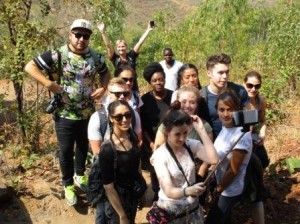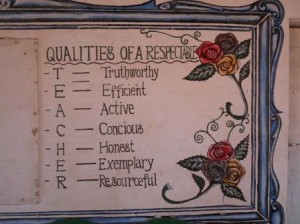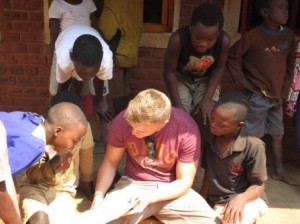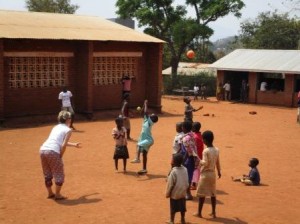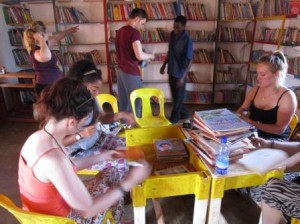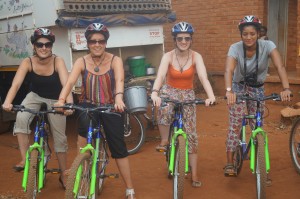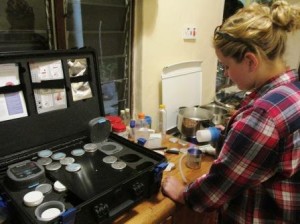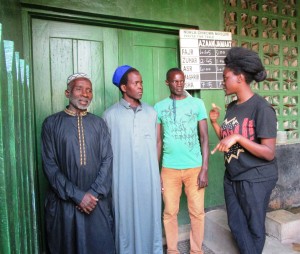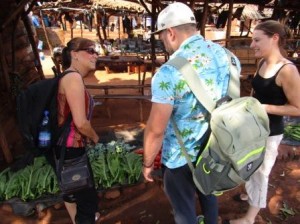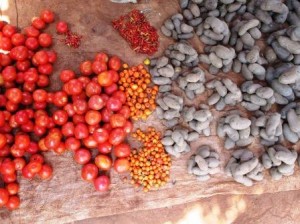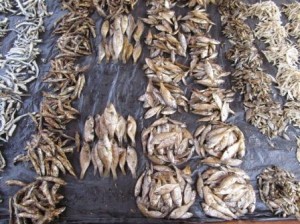We are running another work experience trip to Malawi in August/September 2016.
All students in the School of Life Sciences as well as students on OT, physiotherapy and dietetics courses are eligible to apply; all successful applicants will be sponsored by their School- £400 towards the cost of the trip and your travel insurance will be covered.
There are 14 places on this trip, so send your application to me as soon as possible!
Details in the file attached below, with some information on the past 2 trips.
Send your application to me (details of what needs to be included in your application in the attached file):
I look forward to receiving your applications.
Pat
Click here for more information and details of how to apply:

